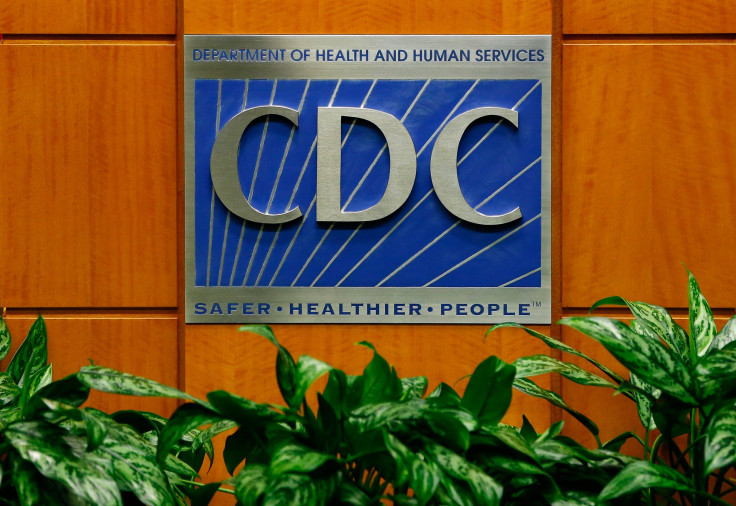CDC Labs Faced Repeat Secret Violations For Mishandling Bioterrorism Agents: Report

That several labs have violated safety violations while working with potential bioterror agents is news exactly no one wants to hear. Unfortunately, that’s just what’s happened in laboratories across the country, including some operated by the Centers for Disease Control and Prevention (CDC). Because of their transgressions, the labs secretly had their permits suspended, according to documents USA Today acquired after winning a Freedom of Information Act appeal.
Until now, the CDC had refused to answer questions about its labs’ enforcement histories. The documents reveal that the agency’s labs were among those working with dangerous viruses, bacteria, and toxins that have the worst federal sanction track records in the country. Its facilities have been referred for “additional secret federal enforcement actions six times because of serious or repeated violations in how they've handled certain viruses, bacteria, and toxins that are heavily regulated because of their potential use as bioweapons,” wrote USA Today.
The CDC is still closely guarding the names of the labs that have been suspended. They, along with the U.S. Department of Agriculture, are responsible for the Federal Select Agent Program that regulates the labs working with bioterror pathogens, including anthrax, plague, and Ebola.
Some are questioning the motives behind the CDC’s secrecy, now that the agency’s record has come to light.
“There is no security rationale for withholding the identities of the suspended labs,” said Richard Ebright, a biosafety expert at Rutgers University. “The sole rationale is a CYA rationale, in which the CDC seeks to cover its derriere by covering up violations and shielding staff and management responsible from accountability for violations.”
The CDC told CBS News that three of the violations involved sending improperly inactivated agents to entities that were not approved to receive them, two concerned the discovery of agents in unregistered locations in CDC facilities, and one was a matter of inventory and oversight. Five of these cases were closed after the CDC “demonstrated enhanced procedures to prevent future occurrence,” according to the agency’s statement. One case remains open, but the CDC refused to comment on what it involved.
“None of these violations resulted in a risk to the public or illness in laboratory workers,” the agency said.
Since 2003, only five labs have been suspended from the Federal Select Agent Program. A letter from the U.S. Department of Agriculture showed that a CDC-operated lab was suspended from doing select agent research from 2007 to 2010 for a virus handling and transfer violation. The name of the virus involved was redacted.
“The CDC has made great progress in advancing the culture of safety at our laboratories across the country and is committed to doing all we can to protect laboratory workers and the communities around them, while supporting scientific advancement to combat evolving threats,” the CDC said.



























